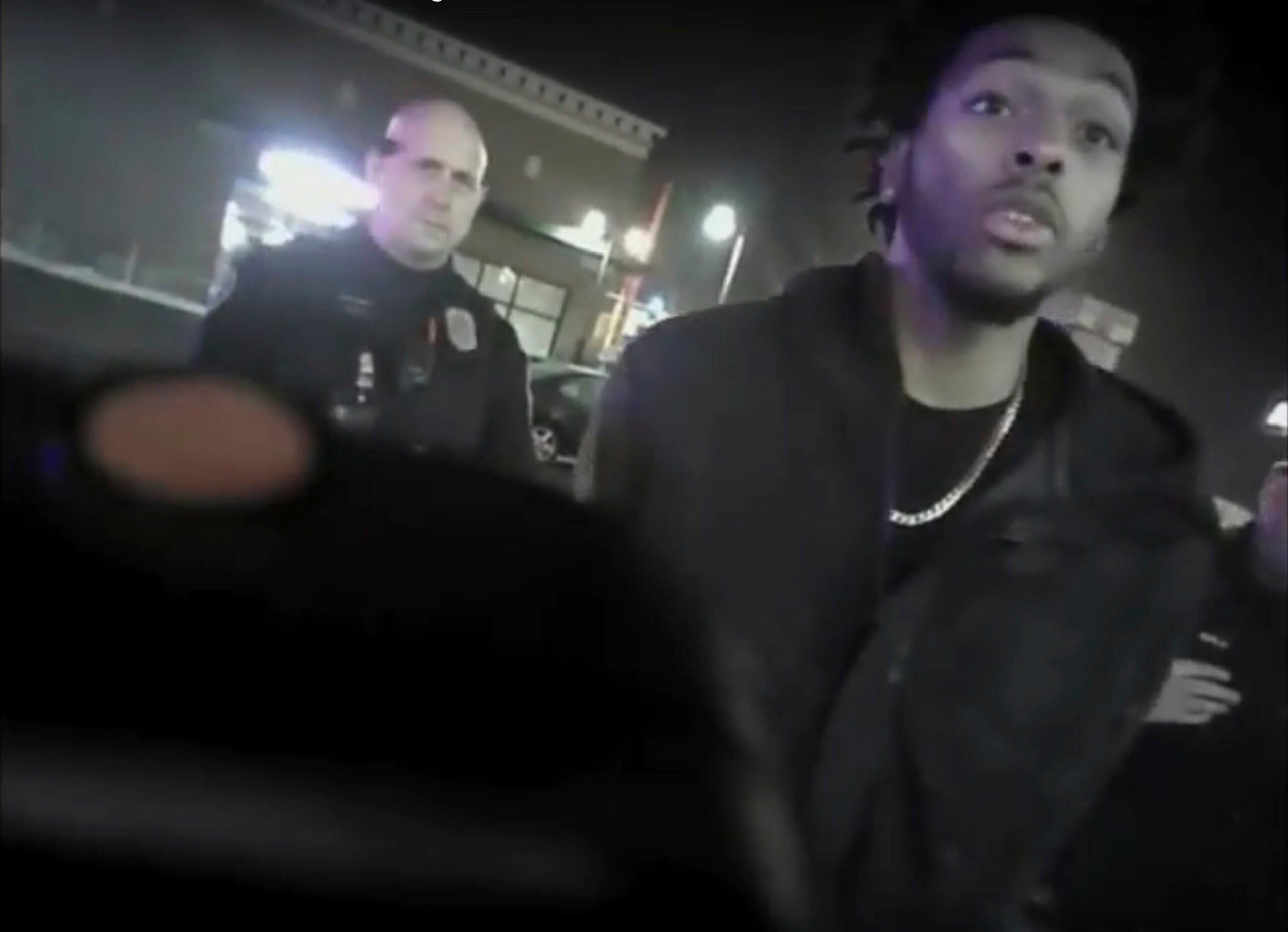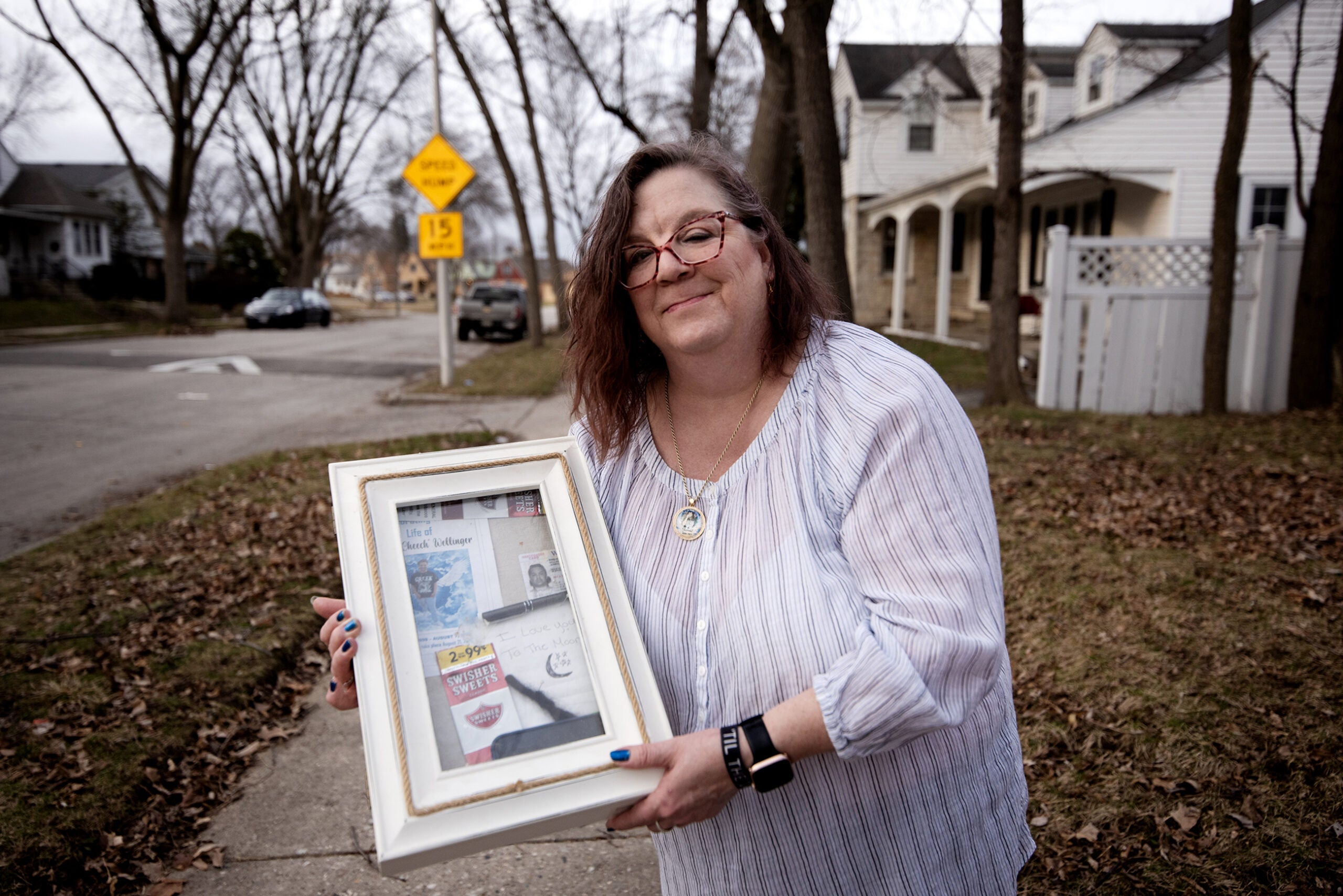Plymouth police violated a man’s rights against unreasonable search and seizure when they stopped him after he fell asleep at a drive-thru, the Wisconsin Supreme Court has ruled.
An appeals court upheld Michael Wiskowski’s drunk driving conviction, after he argued evidence from the traffic stop shouldn’t be used. But Tuesday’s Supreme Court decision reverses that lower court decision.
In 2019, a McDonald’s employee called police after Wiskowski fell asleep at a drive-thru. An officer watched Wiskowski drive away normally before pulling him over for what the officer described as a “welfare check.”
Stay informed on the latest news
Sign up for WPR’s email newsletter.
Wiskowski initially handed the officer the wrong insurance card, and told police he was sleepy because he’d been working for 24 hours. After another policeman arrived as back up, the two officers looked up Wiskowski’s driving record as saw he had three prior convictions for operating a vehicle under the influence.
They ordered Wiskowski out of his truck, and he was arrested after he failed sobriety tests.
But, as the ruling from six out out of seven justices notes, police didn’t smell alcohol on Wiskowski until after they ordered him to step out of the vehicle.
Justices concluded that police lacked reasonable suspicion for pulling Wiskowski over.
“This temporary infringement on personal liberty must be supported by reasonable suspicion — that is, in view of the whole picture, whether a reasonable police officer would reasonably suspect that criminal activity is afoot,” Justice Brian Hagedorn wrote in the majority opinion. “While reasonable suspicion doesn’t demand much, it does demand more than a hunch. And that is all we see here.”
And they rejected the state’s justification for extending the traffic stop under what’s known as the community caretaker doctrine.
“It’s the idea that law enforcement kind of wears several hats,” said Rachel Burg, a clinical assistant professor at the University of Wisconsin Law School. “One is monitoring and investigating crime and preventing crime but also protecting people and property and doing welfare checks on folks. So the community caretaker exception allows law enforcement to to take action if they have a concern about the welfare of a person.”
Police were initially justified in pulling over Wiskowski because of concern about his well-being, according to Hagedorn’s majority opinion.
But justices said police weren’t justified in continuing the traffic stop after Wiskowski appeared to be fine.
“(The officer) doesn’t notice anything that indicates a medical problem,” Burg said of the interaction. “He does not smell alcohol. He’s not slurring. Mr. Wiskowski gives him a reasonable explanation for falling asleep and the drive-thru, which was he was at work for 24 hours straight. And so the court here says that once the officers’ community caretaking concern — i.e. the welfare of Mr. Wiskowski — is resolved, the justification for the seizure ends, and therefore it should have stopped at that point.”
Justice Annette Ziegler dissented from the majority opinion. She argued the state’s highest court should never have agreed to take on the case, because it doesn’t establish any new legal doctrine.
Over the last several decades, courts have been expanding the authority of police to detain people, despite limitations under the U.S. Constitution’s Fourth Amendment, said Ion Meyn, an associate professor at the University of Wisconsin Law School.
This week’s ruling, however, appears to be an exception to that trend.
“If this is a signaling that courts are going to take a closer look (at the Fourth Amendment), then that communicates to police departments that their officers need to be a little more careful, and think about really why they’re going to stop someone and questioning them,” Meyn said.
Wisconsin Public Radio, © Copyright 2024, Board of Regents of the University of Wisconsin System and Wisconsin Educational Communications Board.







